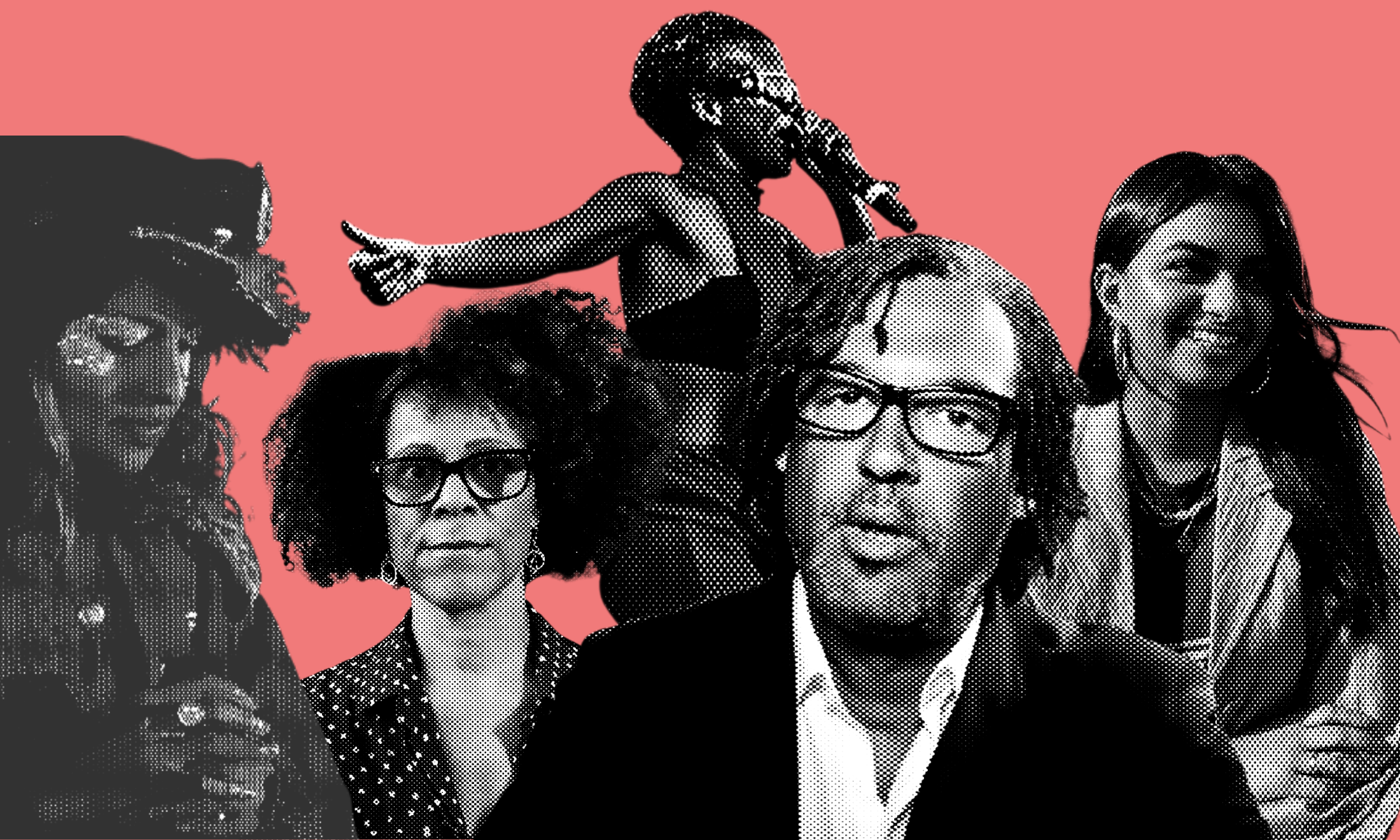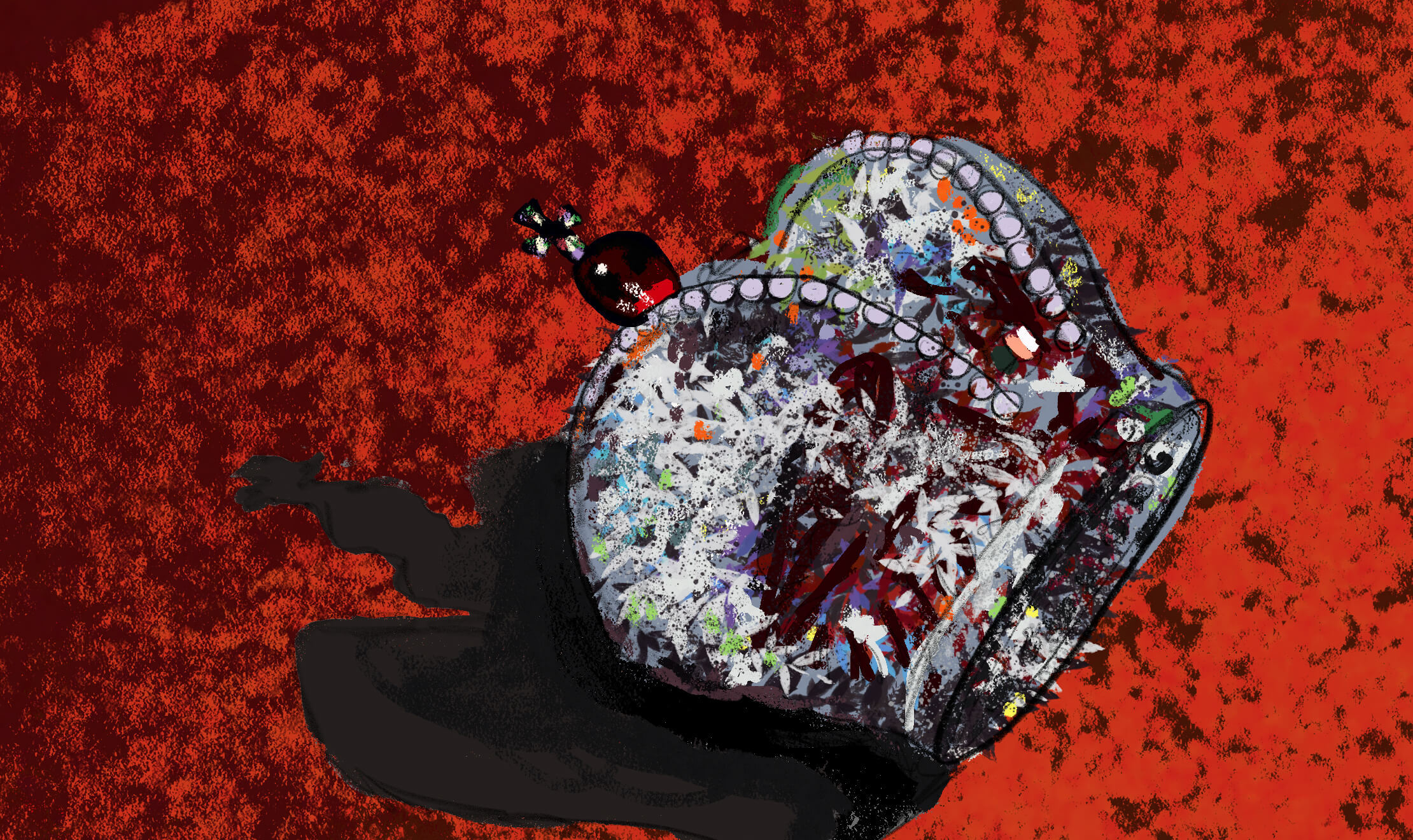
Could Meghan Markle’s court case change how the tabloids treat women of colour?
Tara Nadi
03 Oct 2019
Photography via Wikimedia Commons
Meghan Markle and Prince Harry’s decision to take the Mail on Sunday to court over how Meghan is portrayed in the press is unsurprising. Since her engagement to Prince Harry was announced in November 2017, Meghan has been on the receiving end of a ruthless media campaign. When it comes to the duchess, nothing is off-limits and the media have made anything, no matter how innocent, into cannon fodder. Whenever I see Meghan trending, I often roll my eyes and think, “What has she done now?”, only to find out that the vitriolic article written about her that day is complaining about something insignificant, like the fact she wore heels during her pregnancy. Meghan has been called everything from a “social climber” (as if every person who marries into the royal family didn’t climb the social ladder), to difficult and demanding.
While the treatment of Meghan may seem alarming to some, as a black woman I am not at all surprised. Women of colour are often given much less leeway to make mistakes, especially if they are in institutions that were not made for them. I am not saying that public figures should be above scrutiny. This is particularly important with the royal family, who, as the queen proved by assenting to prorogue parliament in August (a move deemed unlawful by the Supreme Court), still hold an inordinate amount of power. But I do think the press has a duty to treat everyone fairly and with respect, and not look to create a narrative that portrays certain groups of people in a negative light. At a time when tensions within society are high, the least the press could do is not facilitate it by fanning the flames of hatred and disgust towards women of colour.
“The press has a duty to treat everyone fairly and with respect”
Let’s look at Gina Miller. The businesswoman and activist, who is of Indo-Caribbean descent, has taken the government to court twice and won. Regardless of one’s view on Brexit and Gina’s “conscious capitalism”, her wins have prevented the government from bypassing parliament to achieve their aims. Even though the Daily Mail encouraged their readers to vote for Brexit to restore parliamentary sovereignty, it still hasn’t stopped them from attacking everything about Gina, from her failed business to her alleged drinking problem. The impact of the coverage has been severe: she has faced death threats and in 2017, Rhodri Colwyn Philipps (the 4th Viscount St Davids for anyone that cares) was jailed for a racist Facebook post in which he offered to pay someone £5,000 to run her over.
Shadow Home Secretary Diane Abbott also continues to be affected by the wrath of the tabloids, despite the number of black women who have started to write in support of her for alternative publications. The media relishes in highlighting her mistakes and portraying her as incompetent, yet the same energy is not given to some of her contemporaries, even the ones who are in government. Boris Johnson, who has made racist, sexist and homophobic comments, has somehow managed to fail upwards and occupy one of the most powerful positions in the world. This week, Diane deputised for Jeremy Corbyn at Prime Minister’s Questions, the first black MP to do so. She was up against Dominic Raab – the current Foreign Secretary who only seemed to discover the importance of the Dover-Calais crossing to the UK’s trade last year. But guess which one of them has largely been portrayed as stupid?
Within two minutes of her appearance, The Express had already ran a headline saying that she had “fluffed” the first question in “awkward scenes”. In reality, she delivered some cutting comments, especially around women in politics: “Whether its women members in this house, women claiming benefits, women’s reproductive rights in Northern Ireland, and the failure to support women workers at Thomas Cook, isn’t this government letting women down?”
“I can’t help but think that the reason why women of colour are treated so appallingly by the press is because we are expected to know our place”
Meghan, Gina and Diane are just three examples of how women of colour are treated as public property by the media. Meanwhile, the recent scandal around BBC Presenter Naga Munchetty highlights the difficulties faced by women of colour when it comes to speaking out against the system that portrays us in such a negative way, even from within media institutions. We are frequently accused of “playing the race card”, even when the situation is a blatant example of racism.
The backlash is much more severe when women of colour dare to challenge the norm, which Meghan, Diane and Gina do. I can’t help but think that the reason why women of colour are treated so appallingly by the press is because we are expected to “know our place”. We are not “supposed” to be businesswomen, a part of the British royal family or House of Commons. Therefore, when we get to these positions, there is an expectation that we must prove we are worthy of being there. And if we so much as put a hair out of place, the punishment is swift and unforgiving.
This is institutional racism in a nutshell. And this is why, despite the fact that the royal family has a history of successful legal action, I think it’s unlikely that Meghan’s lawsuit will prompt the press and media to change their ways, even if she wins the case against the Mail on Sunday.









